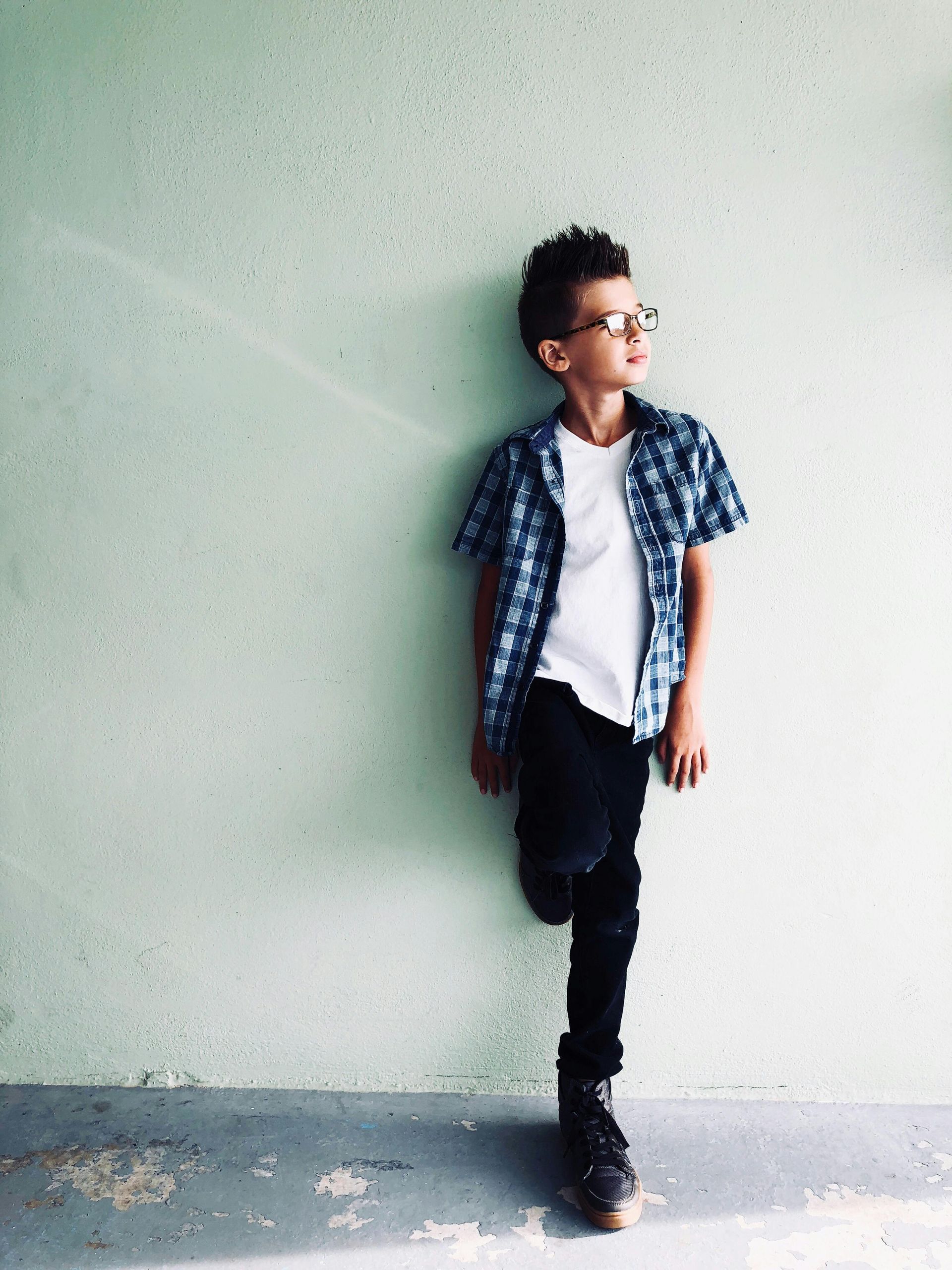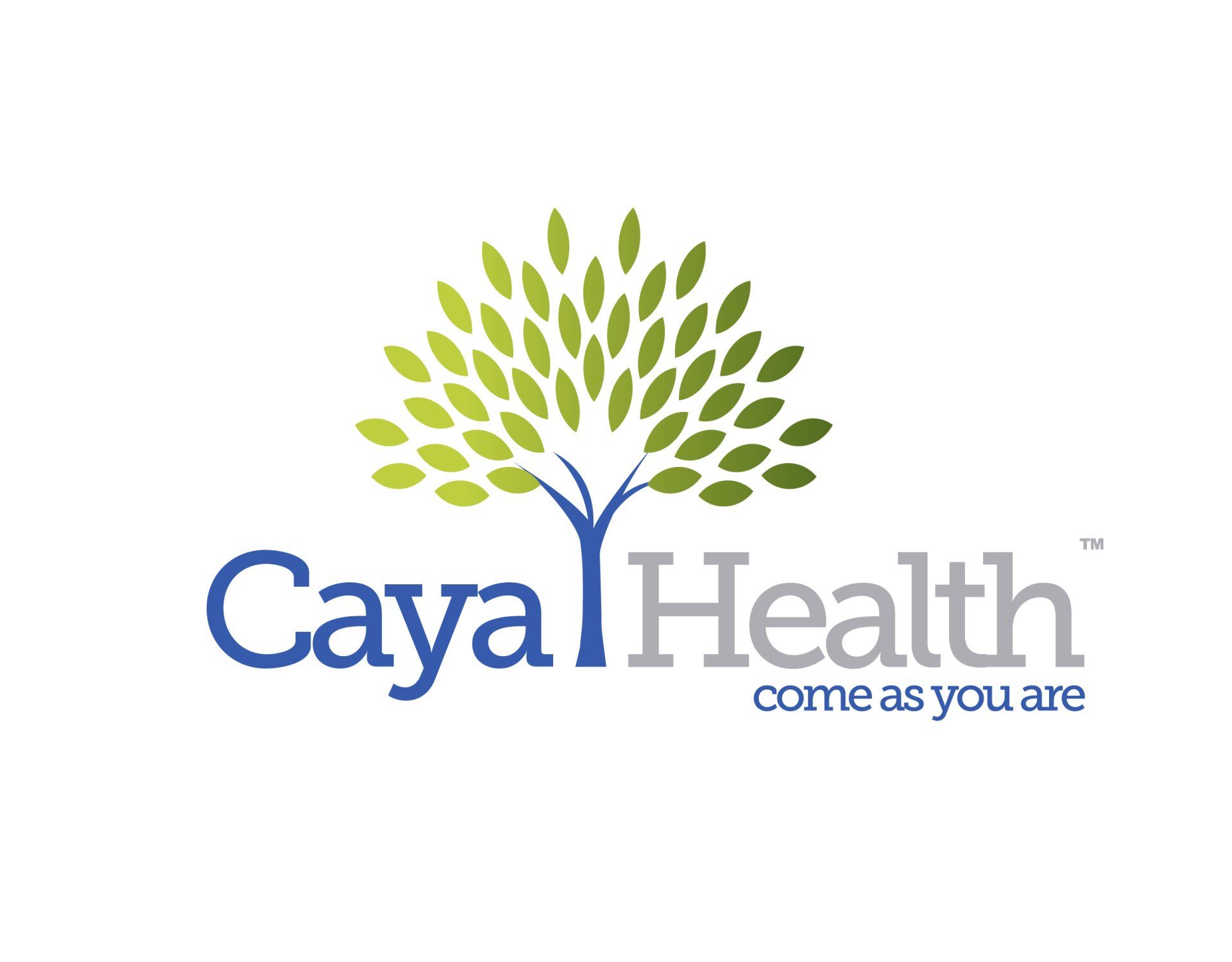Recognizing the Signs of Depression in Your Child

As parents, we often pride ourselves on knowing our children better than anyone. But when it comes to mental health—especially depression—signs can be subtle, masked, or easily mistaken for normal developmental changes. Children don’t always have the language to express how they feel, and depression can manifest differently in kids than in adults. Recognizing early signs can make a powerful difference in your child’s well-being.
Persistent Sadness or Irritability
One of the most common signs of childhood depression is ongoing sadness or irritability. While it's normal for kids to have bad days, persistent low moods for weeks at a time could be a red flag. Some children may not appear sad but instead become unusually irritable, angry, or reactive.
Loss of Interest in Activities
Has your child suddenly lost interest in hobbies, sports, or time with friends? A drop in enthusiasm for previously loved activities—without any clear reason—can signal emotional distress.
Changes in Sleep Patterns
Watch for noticeable changes in sleep. This might include sleeping too much, difficulty falling asleep, or waking up often at night. Sleep disturbances are a key symptom of depression in both children and adults.
Changes in Appetite or Weight
Children with depression may eat significantly more or less than usual, sometimes leading to noticeable weight changes. This can be due to emotional eating, lack of appetite, or even a general lack of interest in self-care.
Low Energy and Fatigue
You might notice your child seems tired all the time, even after a full night’s sleep. They might complain of feeling sluggish, slow, or having “no energy” for anything.
Difficulty Concentrating
Depression can make it hard for kids to focus on schoolwork, follow conversations, or make decisions. If teachers mention your child is distracted, withdrawn, or not keeping up with assignments, it’s worth paying closer attention.
Feelings of Worthlessness or Guilt
Children struggling with depression may express self-critical thoughts or excessive guilt. You might hear them say things like “I’m not good at anything” or “Everything is my fault.” These comments, especially when frequent, shouldn't be dismissed as dramatic or attention-seeking.
Physical Complaints with No Clear Cause
Headaches, stomachaches, or general aches with no medical explanation are common in depressed children. Often, these physical symptoms are real expressions of internal emotional pain.
Social Withdrawal
If your child starts avoiding friends, family, or social events, this could signal depression. Isolation isn’t just a phase—it’s a defense mechanism when a child feels overwhelmed or unworthy.
Talk of Death or Suicide
This is the most serious warning sign. If your child talks about wanting to die, feeling like a burden, or expressing hopelessness, it’s critical to seek professional help immediately. Even if it seems like a passing comment, always take it seriously.
What You Can Do as a Parent
- Listen without judgment: Create a safe space where your child can talk about feelings without fear of being punished or dismissed.
- Validate their emotions: Let them know it’s okay to feel sad or overwhelmed. Avoid saying things like “you’re overreacting” or “just cheer up.”
- Monitor changes over time: A single bad day isn’t cause for concern—but persistent symptoms over weeks are.
- Seek professional help: A pediatrician, school counselor, or child psychologist can offer screening and support.
- Stay involved: Check in often. Ask open-ended questions like “How are you really feeling?” or “What’s been the hardest part of your day?”
Depression isn’t a sign of weakness or bad parenting. It’s a medical condition that affects children from all walks of life. With awareness, compassion, and timely intervention, your child can recover and thrive. Trust your instincts—if something feels off, it’s worth exploring. At Caya Health our services include family medicine, psychiatry, and counseling. We provide coordinated whole-person medical and behavioral health services to achieve effective results through tested and proven best practices in care. So, call us at 407-559-7011 and schedule your child's consultation today!

















